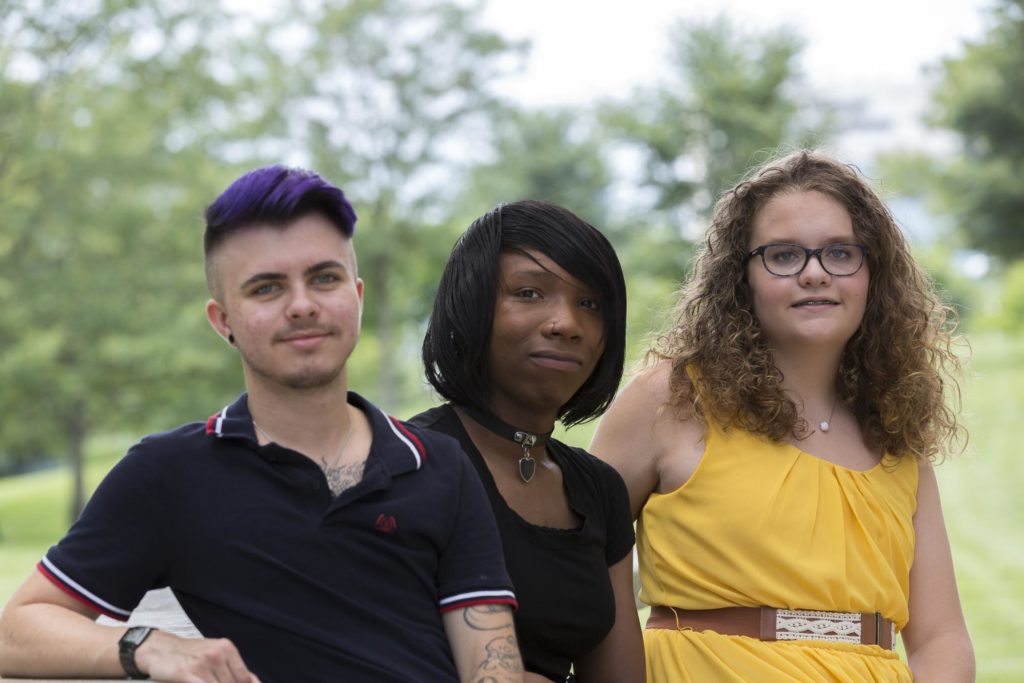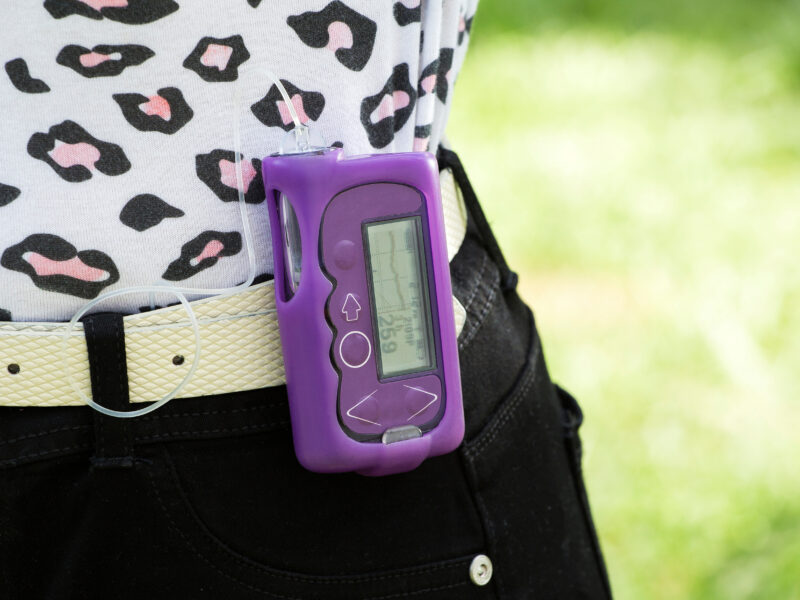Reproductive Health Attitudes and Behaviors in Transgender/Nonbinary Adolescents
Reproductive Health Attitudes and Behaviors in Transgender/Nonbinary Adolescents https://pediatricsnationwide.org/wp-content/uploads/2021/03/062719ds7057-1024x683.jpg 1024 683 Mary Bates, PhD Mary Bates, PhD https://secure.gravatar.com/avatar/c6233ca2b7754ab7c4c820e14eb518c8?s=96&d=mm&r=g- April 29, 2020
- Mary Bates, PhD

A survey suggests providers may need unique strategies for counseling sometimes disinterested youth on important reproductive health issues.
Transgender and nonbinary adolescents have unique issues when it comes to reproductive health. They are at high risk for contracting sexually transmitted infections. Additionally, hormonal or surgical interventions begun in adolescence can risk impairing future fertility.
Researchers at Nationwide Children’s Hospital recently examined reproductive health attitudes and behaviors, as well as provider counseling on these topics, in transgender/nonbinary adolescents. Their study, published in the Journal of Adolescent Health, reports the results of a survey administered to 44 transgender/nonbinary adolescents aged 12-19 years.
Most of the youths reported receiving fertility counseling, though few actually used fertility preservation. The most common reason was the lack of desire for biological children, although many acknowledged that their feelings about parenthood may change in the future.
The survey also revealed that contraceptive use was variable even in adolescents who reported sexual activity. About half of the patients denied or were unsure if they had been offered options from their provider to prevent pregnancy or sexually transmitted infections. Remarkably, the majority did not want more contraceptive information.
“First and foremost, we want our patients to be well-informed about their reproductive health,” says Leena Nahata, MD, a pediatric physician in the Section of Endocrinology, Metabolism & Diabetes at Nationwide Children’s and a principal investigator in the Center for Biobehavioral Health at the Abigail Wexner Research Institute and the study’s first author.
“It was striking to us that the majority said they did not want more information about these topics.”
Dr. Nahata says longitudinal research is needed to understand if and how transgender/nonbinary adolescents’ perspective on parenthood and other reproductive health topics change as they get older. The results of such studies could inform counseling methods for transgender/nonbinary teenagers.
In light of the results of their survey, Dr. Nahata and her colleagues suggest that tailored counseling strategies should be developed and researched to reach out to and help protect this vulnerable population.
“When we’re faced with an adolescent who says they aren’t interested in learning more about their reproductive health, it doesn’t mean we stop educating,” says Dr. Nahata.
“These are important topics to discuss to optimize future outcomes for fertility and family planning. The goal is to help people have children in the future if they want them and prevent unplanned pregnancies and sexually transmitted infections.”
Dr. Nahata emphasizes that the topic of reproductive health needs to be integrated into multidisciplinary care for transgender/nonbinary adolescents. She says that at least one, if not more, of a patient’s providers should be addressing these topics.
“In our model at Nationwide Children’s, our behavioral health team prepares patients for their visit with the endocrinologist by beginning to explore their perspectives on fertility and future parenthood,” Dr. Nahata says. “It’s helpful to have this topic introduced by our behavioral health colleagues, and these are ongoing conversations.
“We know adolescents are not very future-oriented in their thinking. But they often have to make these important decisions in a timely fashion.”
Reference:
Nahata L, Chen D, Quinn GP, Travis M, Grannis C, Nelson E, and Tishelman AC. Reproductive attitudes and behaviors among transgender/nonbinary adolescents. Journal of Adolescent Health. 2020;66(3):372-374.
Image credit: Nationwide Children’s
About the author
Mary a freelance science writer and blogger based in Boston. Her favorite topics include biology, psychology, neuroscience, ecology, and animal behavior. She has a BA in Biology-Psychology with a minor in English from Skidmore College in Saratoga Springs, NY, and a PhD from Brown University, where she researched bat echolocation and bullfrog chorusing.
-
Mary Bates, PhDhttps://pediatricsnationwide.org/author/mary-bates-phd/December 27, 2016
-
Mary Bates, PhDhttps://pediatricsnationwide.org/author/mary-bates-phd/
-
Mary Bates, PhDhttps://pediatricsnationwide.org/author/mary-bates-phd/
-
Mary Bates, PhDhttps://pediatricsnationwide.org/author/mary-bates-phd/
- Posted In:
- In Brief






